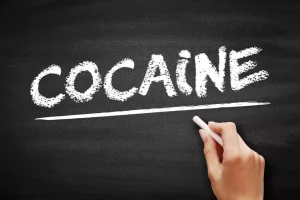
You can also find narcissist abuse support groups, both online or in-person, through organizations like Help Within Reach. There are numerous other online support groups and chat rooms dedicated to loved ones living with alcoholism and NPD. Exhibiting narcissistic behaviors when drunk, for example, doesn’t inherently mean that a person has NPD. Alcohol can influence narcissistic behaviors, such as arrogance, self-importance, and feelings of superiority that aren’t otherwise present when sober. Any kind of abuse can take a significant toll on mental and physical health. If your loved ones still doubt you or tell you to just move on, you may feel unheard and unsupported.
- Recognizing these characteristics and understanding the interplay between narcissism and alcoholism is critical for anyone seeking to support or treat someone struggling with these co-occurring conditions.
- Each person needs a different treatment method depending on their unique situation, and as such, not everyone will have the same treatment program.
- Acknowledging your addiction and the need for help is the first step towards recovery.
- There is a strong association between SUDs and other mental health disorders.
Why do Narcissists Drink Alcohol?

People who are genetically predisposed to experience unpleasant side effects of drinking are less likely to drink often, making AUD unlikely. People with NPD and people with AUD might have some symptoms in common. Alternatively, you can access support symptoms for each condition separately. Next, you give up your hobbies, skip after-work happy hour with co-workers, and eventually cancel your weekly visit with your sister. You spend time doing what your partner wants to do, so they know you really do care.
- The main treatment for NPD is talk therapy, also known as psychotherapy.
- This means that vulnerable narcissists tended to recognize the existence of alcohol problems.
- She has a Master’s degree, undergraduate degrees in English and Sociology, a diploma in Holistic Herbal Therapy, and is trained in mental health first aid, anti-violence work, and peer support work.
- Although NPD can’t be cured, someone with NPD can change their behavior if they’re willing to put in the time and effort, according to research from 2018.
- They have yet to confront the shame, guilt, or past trauma that drew them to alcohol in the first place, so are at risk of relapsing.
- This behavior is a defense mechanism that allows enablers to avoid confronting the reality of the situation and the narcissist’s behavior.
Seek Professional Help
- Their self-absorbed behavior can make it difficult for them to truly connect with others, leading to superficial relationships that lack depth and meaning.
- While these similarities exist, it’s important to note that alcoholism and narcissism are different conditions with unique characteristics.
- Alcohol acts as a lubricant, making the vulnerable narcissist feel more at ease in social situations that may otherwise seem overwhelming.
- Risk factors for NPD include having difficult relationships with parents or caregivers during a person’s developmental years that may include excessive praise or criticism.
But behind this mask of extreme confidence, they are not sure of their self-worth and are easily upset by the slightest criticism. Narcissistic personality disorder is a Sobriety diagnosable condition characterized by impulsivity, volatility, attention-seeking, and a lack of empathy. As it can lead to problems with relationships and health, it is important to know the symptoms and treatments for this condition.
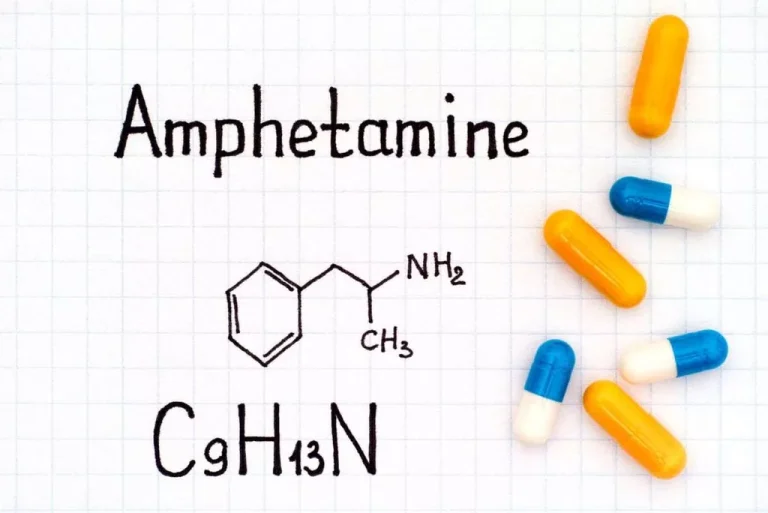
Dual diagnosis
Reach out the alcoholic narcissist to one of our addiction specialists for alcohol treatment help today. For many of these individuals, alcohol leads to significant disruptions in their everyday life. It was estimated as recently as 2017, that approximately one in every eight adults in the United States meets the criteria for an alcohol use disorder. However, it is more likely that the alcoholic is trying to surround themselves with others that support these extreme drinking habits.
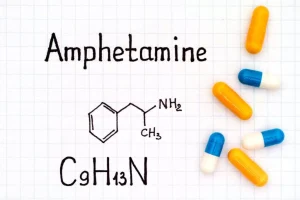
Some common traits of individuals with both narcissism and alcohol addiction include a sense of entitlement, grandiosity, impulsivity, and a lack of empathy. As a result, these characteristics can make it difficult for them to maintain healthy relationships and engage in self-destructive behavior. A mental health professional can help you diagnose and treat any underlying mental health disorders that may be contributing to your alcoholism and narcissism. When seeking treatment for alcoholic narcissism, it’s essential to address both the addiction and the underlying personality disorder.
Signs of Narcissistic Abuse Syndrome (and How to Get Help)
When things go wrong in other areas of life, you might start to blame yourself for causing those problems. You explain the concerning behaviors you’ve noticed and ask if something’s going on. You might attempt to confront the abusive person (fight) or escape the situation (flight). If these methods don’t work or you feel unable to use them, you might respond by freezing or fawning.
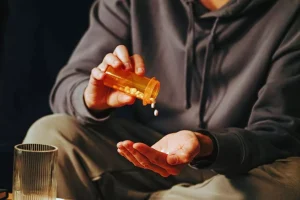
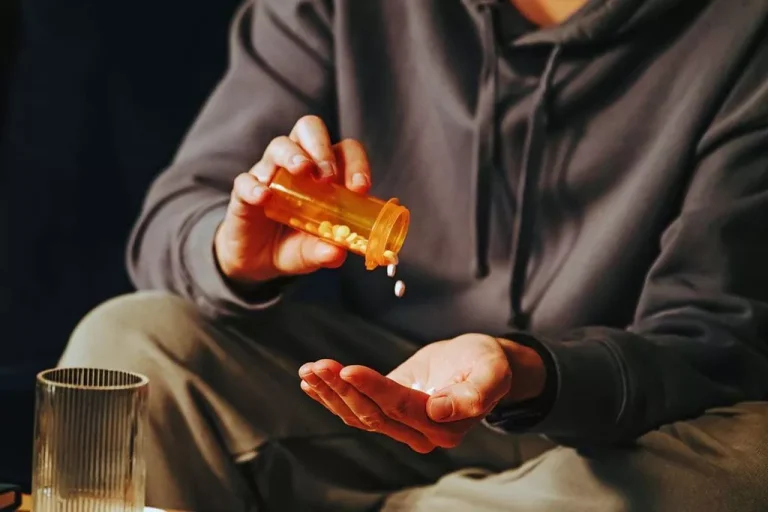
Relapse is a common experience among people who are recovering from AUD. You can take steps to prevent relapse, such as recognizing your triggers and joining a support group. If you do relapse, try to seek help again — it’s still possible to make a full recovery. There are no medications to treat NPD, but if you also experience depression or another mental health condition, a doctor may prescribe medications to treat the other condition. However, treatments like psychotherapy, group support, and self-care strategies can help people with either condition feel much better. People can misuse alcohol without having AUD or being addicted to alcohol.
Health Products
This means that vulnerable narcissists tended to recognize the existence of alcohol problems. An overall mean score of narcissism was calculated for the two subscales (i.e., grandiose and vulnerable narcissism). Internal consistency in the current study was alpha of .84 for the grandiose narcissism subscale and .79 for the vulnerable narcissism subscale. Treating NPD can be challenging and may require long-term therapy, but working alongside healthcare professionals can help people reduce symptoms. With treatment, those with NPD can live healthy lives with positive relationships. Whether a person is a covert narcissist, alcoholic with narcissistic personality traits, or a person with a dual diagnosis, finding a treatment program that meets their needs is very important.
- By dampening their emotional state, alcoholics can temporarily escape from their emotional disturbances, further reinforcing their narcissistic tendencies and self-absorbed behaviors.
- Contact friends, family, or support groups to share your experiences and feelings.
- If someone already scores highly on the narcissistic front, adding alcohol will only exacerbate those narcissistic traits, making their behavior even more grandiose, controlling, and attention-seeking than normal.
While these similarities exist, it’s important to note that alcoholism and narcissism are different conditions with unique characteristics. Do you know someone who struggles with alcoholism and also displays patterns of narcissism? These two conditions can be related, and it’s essential to understand their similarities and differences. Leaving an alcoholic narcissist requires careful planning and support.



現在就與我們聯絡
專人為你評估最合適方案